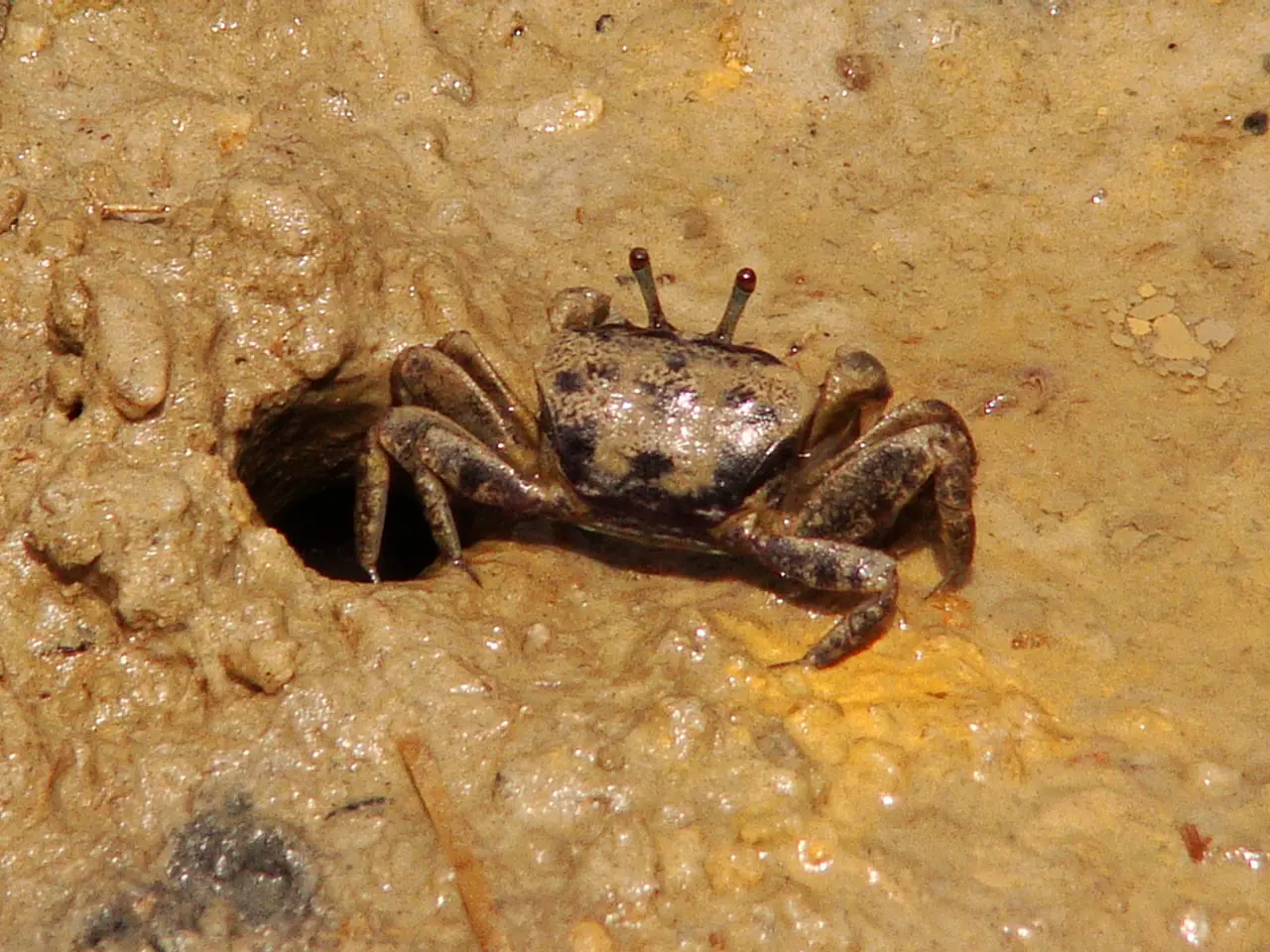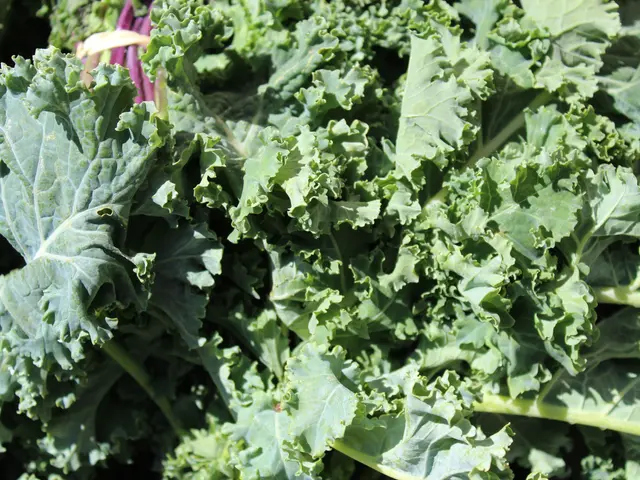Harsh Realities: Top 7 Most Challenging Careers Globally
In a world where jobs can range from mundane to comfortable, there are certain professions that stand out for their unique blend of danger, discomfort, and social stigma. These jobs, while not always receiving the spotlight, are crucial in various fields and contribute significantly to scientific advancements and public health.
Manual Sewer Cleaners
One of the most challenging jobs on this list, manual sewer cleaners face extreme health risks due to exposure to raw sewage, toxic gases, and the possibility of drowning or being trapped in confined spaces. This job is both dangerous and highly unpleasant because of the physical and health hazards involved.
Embalmers
Embalmers work in the morgue, responsible for the sanitation and preservation of corpses. While their work is essential, it presents both health risks and psychological challenges. Exposure to hazardous chemicals like formaldehyde and handling dead bodies can pose significant health risks.
Hazmat Divers
Hazmat divers operate in polluted or contaminated water bodies, often dealing with hazardous chemicals and contaminated environments. The job requires the donning of uncomfortable helmets and several vaccinations, making the conditions very dangerous and uncomfortable.
Animal Masturbators
The job of an animal masturbator involves procuring sperm samples for research, using methods such as electric probes, artificial vaginas, or manual masturbation. While not physically dangerous, this job is highly unpleasant and socially awkward.
Forensic Entomologists
Forensic entomology is the study of insects in relation to a criminal matter. Forensic entomologists study rotting corpses and the insects found within them to ascertain causes of death. While scientifically valuable, the job requires dealing with decay and potentially biohazards.
Mosquito Researchers
Mosquito research is focused on experimental science and medicine to improve the world and rid it of mosquito-borne diseases that kill hundreds of thousands. However, this work comes with personal health risks as researchers expose themselves to disease vectors like mosquitoes possibly carrying malaria, dengue, or Zika virus.
Roadkill Collectors
Roadkill collectors handle dead animals on roads, which is unpleasant due to dealing with carcasses and the risk of traffic accidents. However, compared to other jobs listed, roadkill collection is generally less dangerous.
While these jobs may seem unusual or even daunting, they play a vital role in various fields, from public health to scientific research. Each of these occupations combines distinct elements of danger, discomfort, or social stigma, making them some of the world's most challenging jobs.
[1] Bureau of Labor Statistics, US Department of Labor
[3] World Health Organization
[5] International Labour Organization





